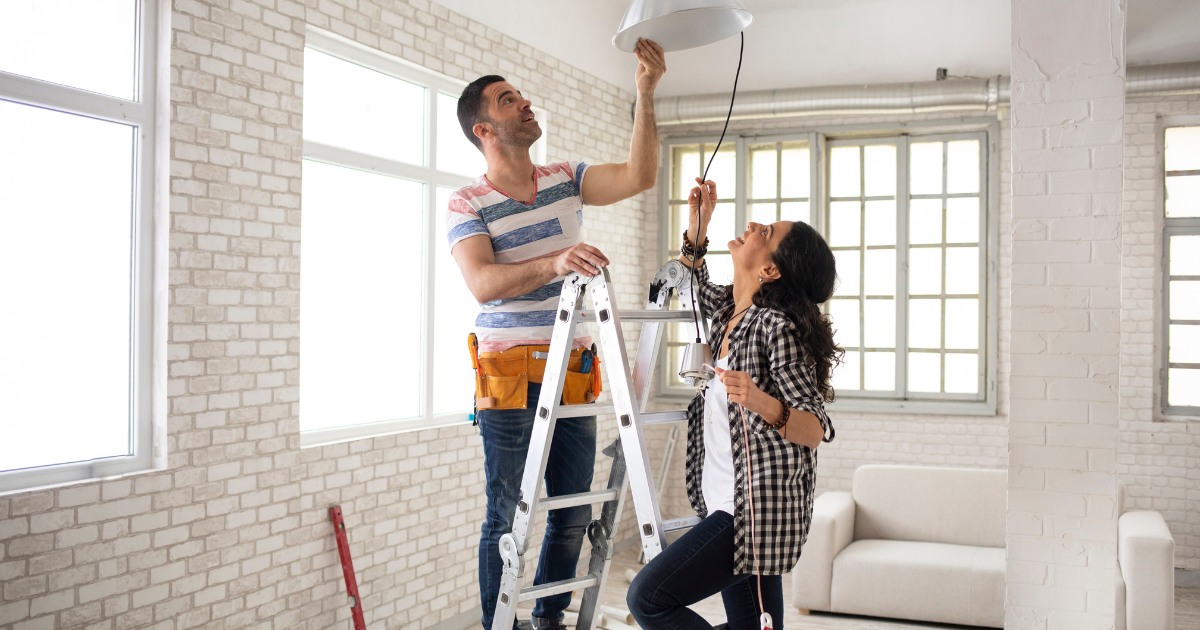As you get older, you’ll find that your priorities and financial goals naturally change. While a new kitchen or conservatory might once have seemed like a worthwhile investment, spending large sums on home renovations later in life often makes little practical or financial sense. Instead of pouring money into a property you may not live in for many more years, it’s worth considering how those funds could be used to enhance your quality of life in other, more meaningful ways. Keep reading to learn more about why it’s worth holding back from those renovations.
Renovations Rarely Add True Value
Many homeowners assume that improving their home will increase its market value, but this isn’t always the case. Large renovations, especially those done for personal comfort rather than necessity, rarely provide a full return on investment. For example, modernizing a bathroom or adding an extension might make the home more attractive, but the cost of materials and labor often outweighs any increase in resale value. Furthermore, if you plan to downsize or move to a care home in the near future, the benefits of these upgrades may never truly be realized.
The Hidden Costs and Disruptions
Beyond the obvious financial commitment, home renovations can be stressful, time-consuming, and physically disruptive. Living through building work can be particularly challenging at any time in life, but particularly in later years, with noise, dust, and temporary loss of essential spaces such as the kitchen or bathroom. There’s also the risk of unexpected expenses, from structural issues and delays to changing regulations. These can all drive up costs. What begins as a modest project can quickly spiral into a major drain on both energy and finances.
There are Smarter Ways to Use Your Money
Instead of renovating, consider alternative ways to use your savings that offer more stability and enjoyment. Investing in professional in-home care services, for instance, can help you remain comfortable and independent without the upheaval of construction work. You might also choose to use your money to travel, pursue hobbies, or create an emergency fund for future healthcare needs. These options can bring far greater personal satisfaction and peace of mind than a renovated living space ever could.
Even when your home no longer meets your needs, you still have options that are far better than renovations. If your current home is becoming difficult to manage, perhaps due to stairs, layout, or maintenance demands, adapting an unsuitable property can be expensive and may still not address the underlying issues of safety and accessibility. In such cases, exploring alternative living arrangements can be a wiser choice. One option is to consider moving to a care home in Harpenden or a similar location that offers both comfort and professional support. Many modern care homes provide stylish accommodation, social opportunities, and peace of mind knowing that assistance is available when needed. This transition can help you maintain your independence while removing the burden of home upkeep.
What Happens If You Do Renovate
Of course, some homeowners choose to renovate anyway, hoping to make their home “future-proof.” While it can seem like a practical step, it’s important to remember that no renovation can fully eliminate the long-term challenges of aging. Over time, even well-designed homes may still require maintenance or adjustments, and you might eventually face the same decision to move.
In the end, your later years are best spent enjoying life rather than managing builders and budgets. By thinking carefully about where your money will have the greatest impact, you can secure comfort, freedom, and peace of mind without unnecessary expense or stress.










